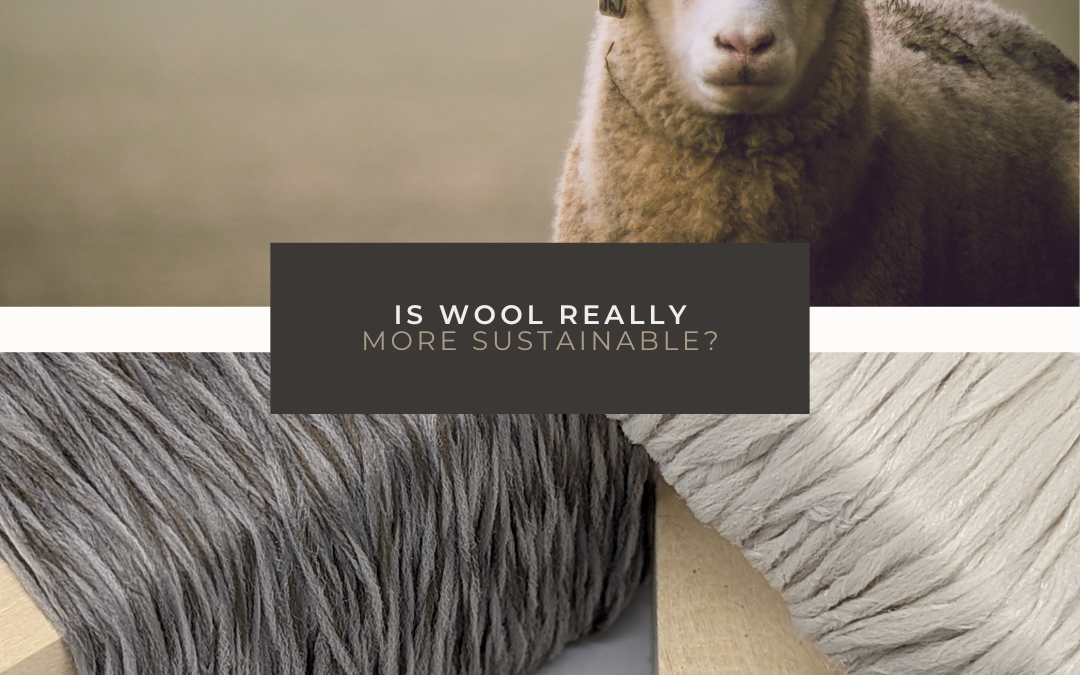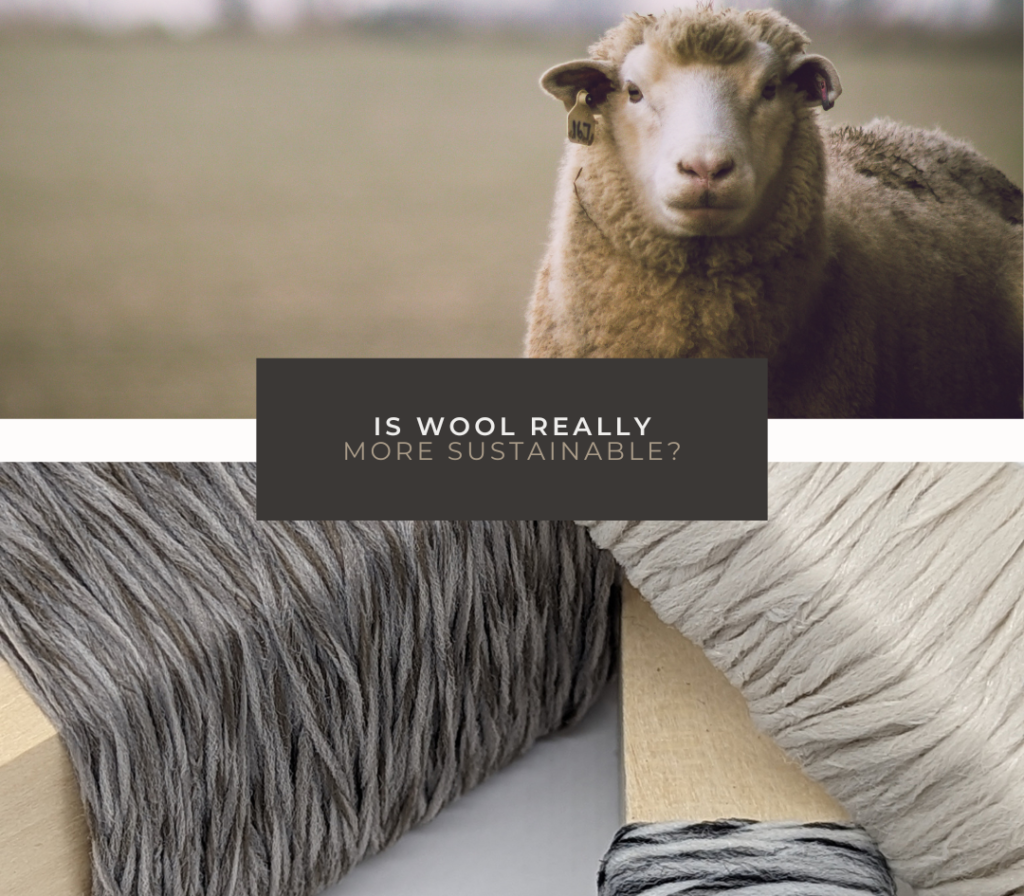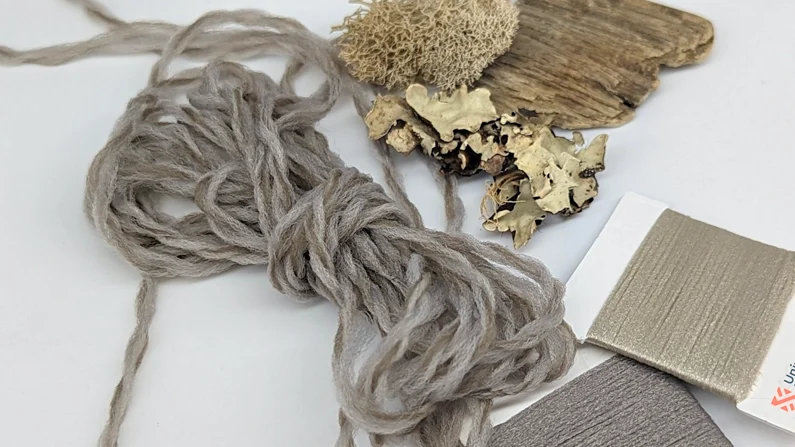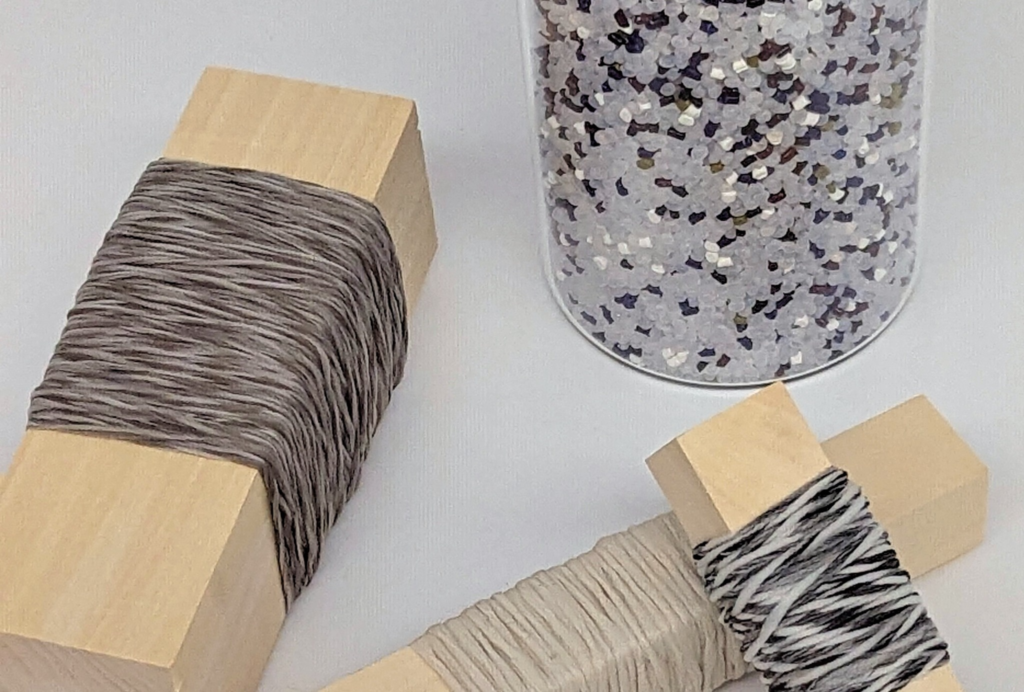Rethinking sustainability: Universal Fibers makes the case for synthetic wool fiber

In the ongoing discourse surrounding sustainable textiles, wool often finds itself at the forefront due to its natural origins and biodegradable properties. However, a closer examination reveals that the sustainability of wool may be more complex than it may seem, suggests global synthetic fiber producer Universal Fibers. While wool holds inherent qualities that align with sustainability goals, the conventional practices associated with wool production raise significant environmental and ethical concerns. In contrast, synthetic wool fibers, such as Universal Fibers’ nylon 6,6 Wool-look, can present a compelling case for sustainability. Below, the company delves deeper into why Wool-look nylon 6,6 emerges as a more sustainable alternative in today’s market.
While rooted in tradition, wool production has evolved into an industry fraught with environmental challenges. Sheep farming contributes to methane emissions, a potent greenhouse gas that exacerbates climate change. Additionally, vast expanses of land are dedicated to sheep grazing, leading to land degradation and desertification in regions like Patagonia and Australia. Biodiversity loss can further compound these issues, with native species being driven to extinction or harmed by the wool industry’s practices. Moreover, wool production’s energy and water-intensive manufacturing processes significantly contribute to its environmental footprint.
In contrast, Universal Fibers’ Wool-look offers several sustainability advantages over its natural counterpart. Firstly, the manufacturing process of Universal Fibers products typically involves significantly lower energy consumption and greenhouse gas emissions compared to general wool production. With advancements in technology, the carbon footprint of Thrive matter nylon 6,6 is third-party verified (PDF file) with the industry’s lowest embodied carbon footprint of 2.28 kg CO2 eq/kg. This low carbon impact comes before any type of carbon offset that reduces the carbon footprint to below zero, making Thrive matter extremely environmentally friendly. Additionally, nylon 6,6 products in general exhibit superior durability and last much longer than any traditional wool product. Which in turn requires less frequent replacement and reduces overall resource consumption over their lifespan.
Using nylon fiber can also mitigate ethical concerns related to animal welfare. Several inhumane practices are still common in conventional wool farming and are rendered obsolete when producing alternative products, such as nylon. Universal Fibers, a company committed to social sustainability and ethical manufacturing, abides by and requires transparency through all partners in the supply chain to abide by its Code of Conduct. This shift to a nylon wool product would eliminate ethical dilemmas associated with animal cruelty in the textile industry.
A limited circularity around wool products further underscores the sustainability advantages of some alternatives. Thrive matter is made from 100% recycled nylon 6,6 resin for a total of 90% recycled content. While efforts to promote recycling and reuse in the textile industry are underway, the current material recovery rate from wool remains minimal. In contrast, nylon fiber offers more significant potential for circularity, as it can be recycled, downcycled, and repurposed more efficiently, contributing to a more sustainable and resource-efficient economy.
In conclusion, while wool has traditionally been seen as a natural, sustainable textile material, the reality can be a bit more nuanced. Conventional wool production practices can pose significant environmental and ethical challenges that should not be overlooked. In contrast, a Wool-look fiber product, like Thrive matter nylon 6,6, can be a compelling, innovative solution with a lower environmental footprint, enhanced durability, and sustainable (and ethical) manufacturing processes.
To learn more about nylon 6,6 products and unique finishes (like Wool-look), contact the Universal Fibers team.



